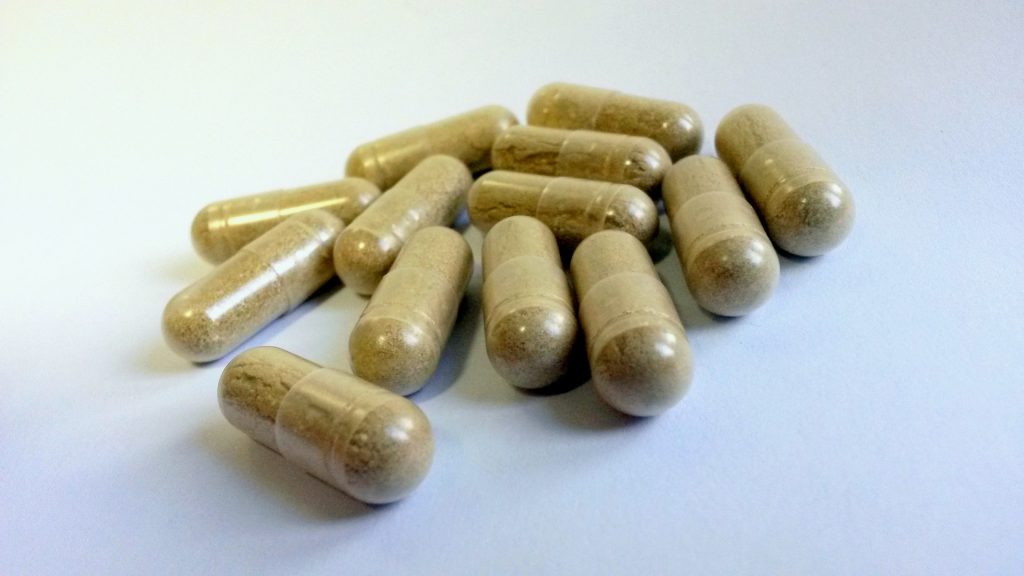 Dietary supplements have become far more popular with the layman in recent years. This is thanks largely to an increased awareness of the importance of nutrition, along with a significant reduction in price, coupled with an increase in availability of dietary supplements. As with food, spoilage is a concern with some dietary supplements and although he shelf lives of most tablets are long, deterioration of supplements may occur over time if they are not stored correctly. Organic molecules such as vitamins, fats, oils and phytochemicals tend to chemically deteriorate through reaction with oxygen, whilst inorganic minerals do not. General storage advice is that dietary supplements should be kept dry. This is particularly relevant to powders, which may be loose or contained within capsules and tablets. Moisture tends to cause significant spoilage to such supplements and very humid conditions, or very damp conditions can cause significant absorption of moisture which then deteriorates the product very rapidly.
Dietary supplements have become far more popular with the layman in recent years. This is thanks largely to an increased awareness of the importance of nutrition, along with a significant reduction in price, coupled with an increase in availability of dietary supplements. As with food, spoilage is a concern with some dietary supplements and although he shelf lives of most tablets are long, deterioration of supplements may occur over time if they are not stored correctly. Organic molecules such as vitamins, fats, oils and phytochemicals tend to chemically deteriorate through reaction with oxygen, whilst inorganic minerals do not. General storage advice is that dietary supplements should be kept dry. This is particularly relevant to powders, which may be loose or contained within capsules and tablets. Moisture tends to cause significant spoilage to such supplements and very humid conditions, or very damp conditions can cause significant absorption of moisture which then deteriorates the product very rapidly.

Supplements should generally be kept dry, and away from sources of light and heat. Leaving vitamins on a window sill for example may significantly increase the chemical degradation of the vitamins contained within. All supplements should be kept away from sunlight, and a dark, cool location is the best option. Buying supplements that still have a long shelf life remaining at time of purchase is also a good idea in order to ensure maximum freshness.
Likewise supplements should also be kept cool, and it is recommended that they be stored at around room temperature (about 20 degrees centigrade), in order to prevent spoilage of the product. Both heat and light can cause significant deterioration of vitamins and other organic compounds, but are particularly problematic for fats and oils. Both heat and light increase the risk of oxidation in fats and oils and this creates rancidity through the oxidation of fatty acids. Consuming rancid fats and oils can be detrimental to the health and so all fats and oils should be stored in the fridge. This includes, essential fatty acids, fish oils, vitamin D, vitamin E and vegetable oils and oil blends. Exceptions to this may be oils such as olive oil that solidifies at the low temperatures of the fridge. Instead olive oils can be kept cool and away from light, perhaps in a pantry or cellar. Protein powders should be kept away from air due to the moisture contained within the air, and for this reason sealed plastic tubs are preferable.

Fats and oils are highly susceptible to oxidation, a process facilitated by heat and light. The more unsaturated the oil the more susceptible it is to oxidation. Therefore fats and oils should be kept in the fridge, away from heat and light. This is particularly important for the highly unsaturated and long chain fish oils.
Eat Well, Stay Healthy, Protect Yourself
RdB
